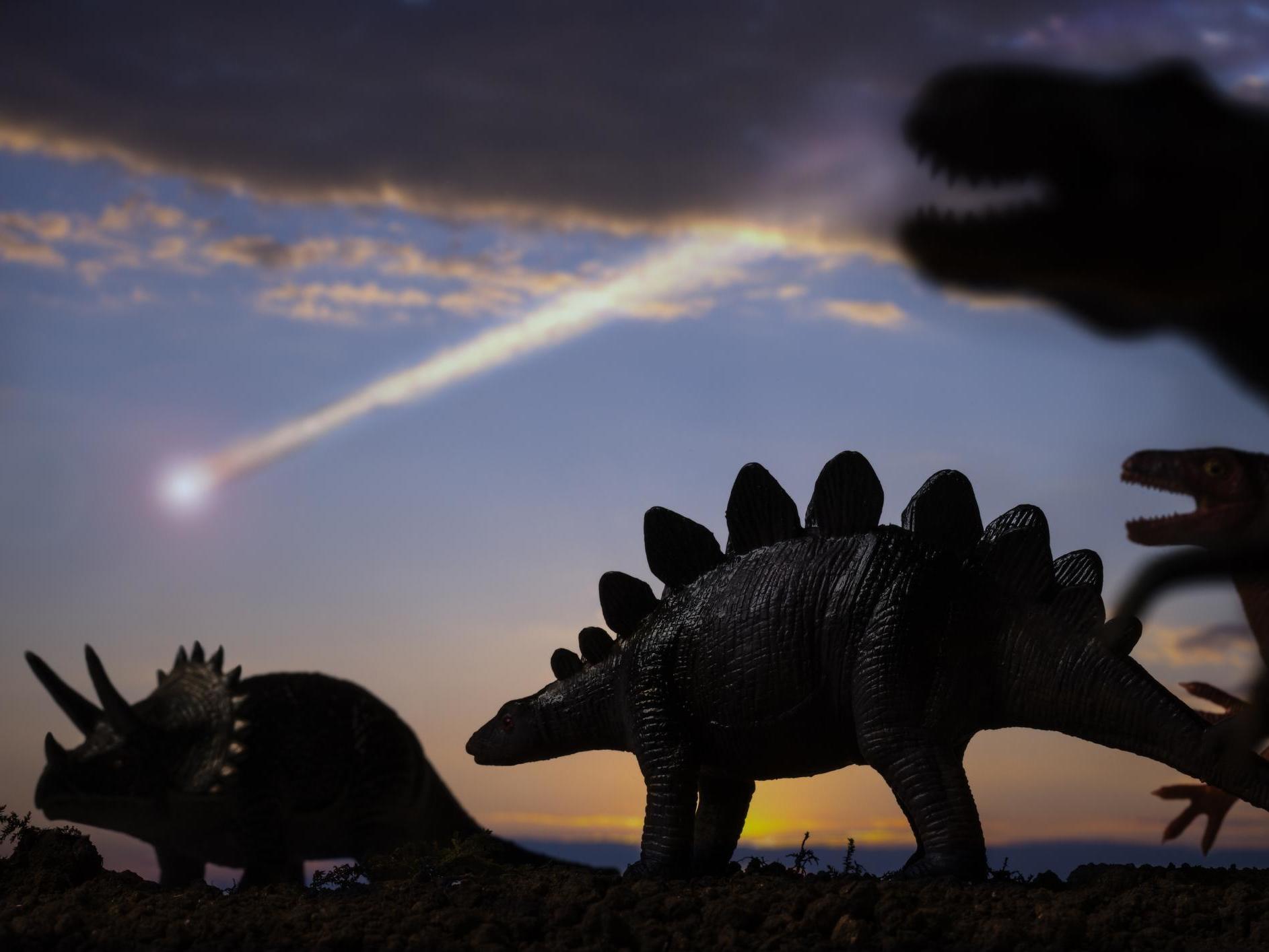Dinosaur mass extinction event disrupted world’s oceans for millions of years, study claims
The ecosystem collapse and prolonged recovery reflect the long-term risks of today’s loss of wildlife diversity

Your support helps us to tell the story
From reproductive rights to climate change to Big Tech, The Independent is on the ground when the story is developing. Whether it's investigating the financials of Elon Musk's pro-Trump PAC or producing our latest documentary, 'The A Word', which shines a light on the American women fighting for reproductive rights, we know how important it is to parse out the facts from the messaging.
At such a critical moment in US history, we need reporters on the ground. Your donation allows us to keep sending journalists to speak to both sides of the story.
The Independent is trusted by Americans across the entire political spectrum. And unlike many other quality news outlets, we choose not to lock Americans out of our reporting and analysis with paywalls. We believe quality journalism should be available to everyone, paid for by those who can afford it.
Your support makes all the difference.The mass extinction event that killed the dinosaurs led to the world’s oceans being disrupted for millions of years, research has found.
Scientists who examined fossil records spanning 13 million years found that global species of plankton at the base of the ocean ecosystem were disrupted for 2 million years after a massive asteroid strike on Earth.
And it took a further 8 million years for their numbers to recover, the research published in the journal Nature showed.
About three-quarters of plant and animal species on Earth were made extinct when an asteroid caused global environmental devastation 66 million years ago, researchers from the universities of Southampton, Bristol, UCL, Frankfurt and California found after examining how the ocean ecosystem “rebooted”.
“[The event] is well known for killing off the dinosaurs, but also laid waste to much smaller creatures, such as ocean plankton – removing crucial food sources from the base of the marine ecosystem which were critical for the recovery of large species,” a spokesperson for the University of Southampton said.
Their findings also showed how a loss of diversity can impact the effectiveness of the ecosystem.
Sarah Alvarez, the lead author of the study, explained that scientists analysed records of ocean plankton using calcareous nannofossils.
“We measured abundance, diversity and cell size from over 700,000 fossils, probably the largest fossil dataset ever produced from one site,” said Ms Alvarez, who works at the University of Gibraltar.
Dr Samantha Gibbs, a paleobiologist and co-lead author, added that the research highlights the risk posed by diversity loss, such as the species extinctions currently happening around the world.
“Losing species today runs the risk of eliminating key creatures in ecosystems,” she said. “What we’ve demonstrated from this fossil record is that function is achieved if you have the right players fulfilling key roles. Today, by reducing biodiversity, we are running the risk of losing our critical ecosystem players, many of whose importance we don’t yet fully appreciate.”
In 2017, scientists warned that a sixth mass extinction in Earth’s history was under way due to the loss of wildlife in recent decades caused by human overpopulation and overconsumption.
A separate study in 2018 said that it could take between 3 and 5 million years to recover the levels of biodiversity that are expected to be lost over the next 50 years.
Agencies contributed to this report
Join our commenting forum
Join thought-provoking conversations, follow other Independent readers and see their replies
Comments